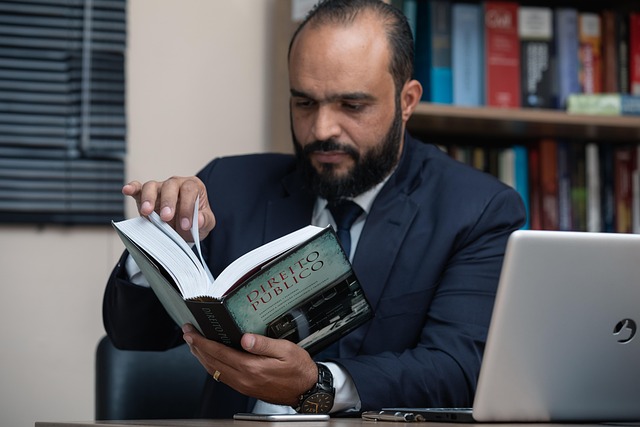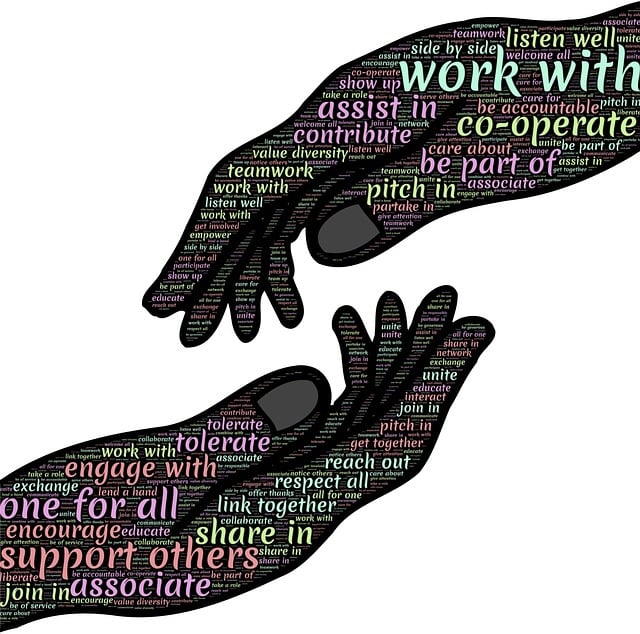Child welfare attorneys in Oregon play a vital role in protecting vulnerable children and guiding them towards secure futures. They collaborate with various agencies to create tailored plans, focusing on open communication, information sharing, and unified approaches. This effective partnership, highlighted in the "Attorney Partnership Guide," is crucial for positive outcomes within the child welfare system. Clients should foster strong bonds with their attorneys through regular, honest dialogue, prompt updates, and active participation in meetings. Choosing the right legal partner, proficient in state laws and regulations, is essential for successful advocacy and representation.
In Oregon, child welfare attorneys play a crucial role in protecting and advocating for vulnerable children. Navigating these professional relationships is essential for achieving favorable outcomes. This comprehensive guide explores the various aspects of working with child welfare attorneys in Oregon. From building effective communication to collaborating with legal experts, we provide insights into what works best. Learn the do’s and don’ts of attorney-client relationships and discover tips on finding the right legal partner to ensure your case receives top-tier representation.
- Understanding Child Welfare Attorney Roles in Oregon
- Building Effective Communication with Your Attorney
- Collaborating with Legal Experts for Better Outcomes
- Navigating Attorney-Client Relationships: Do's and Don'ts
- Finding the Right Child Welfare Legal Partner in Oregon
Understanding Child Welfare Attorney Roles in Oregon

In Oregon, child welfare attorneys play a pivotal role in ensuring the safety and well-being of vulnerable children. Their expertise lies in navigating complex legal systems to protect minors and help them find suitable homes. These attorneys collaborate with various agencies, including social services, courts, and foster care providers, to create comprehensive plans for each child’s future.
Working closely with these legal experts is crucial for families involved in the child welfare system. Effective attorney collaboration in Oregon involves open communication, sharing of relevant information, and a unified approach to case management. The goal is to provide the best possible outcome for the child while also supporting the rights and interests of all parties involved. This partnership guide emphasizes the significance of navigating attorney relationships to foster positive outcomes and ensure a secure future for Oregon’s youth.
Building Effective Communication with Your Attorney

Effective communication is key when navigating complex child welfare cases in Oregon. Building a strong relationship with your child welfare attorney starts with open and honest dialogue. Regularly discuss your case, concerns, and goals to ensure your attorney understands your unique situation. Promptly share any relevant information or updates that could impact your case, as this collaboration ensures your attorney can provide the best possible legal advice and representation.
Consider your attorney as a partner in your journey. Together, you can develop strategies tailored to your needs. Active participation in meetings and conferences allows you to ask questions, voice your opinions, and gain insights into the legal process. By working together, you form a dynamic attorney partnership guide, fostering a supportive environment to navigate the challenges of child welfare legal experts in Oregon.
Collaborating with Legal Experts for Better Outcomes

In the intricate world of child welfare in Oregon, collaborating with legal experts can significantly enhance outcomes for all involved. When navigating complex cases, working closely with a reputable child welfare attorney Oregon is invaluable. These attorneys specialize in family law and possess an in-depth understanding of state regulations, ensuring your rights and the best interests of the child are protected. By establishing a strong partnership with legal professionals, parents, guardians, and children can receive the comprehensive support they need during challenging times.
Effective attorney collaboration Oregon involves open communication, shared goals, and a unified strategy. This partnership guide encourages a team approach where social workers, advocates, and attorneys work together seamlessly. Such collaboration enables a holistic assessment of each case, considering not just legal aspects but also the emotional and psychological well-being of the child. As a result, more favorable outcomes are achievable, leading to successful reunifications or alternative placements that prioritize the long-term stability and happiness of the child.
Navigating Attorney-Client Relationships: Do's and Don'ts

Navigating the relationship between a client and their child welfare attorney in Oregon is a critical aspect of ensuring the best possible outcome for all involved. When working with attorneys, open communication is key. Clients should feel comfortable discussing their concerns, goals, and any questions they may have throughout the process. Regular meetings and prompt response times foster trust and allow for effective collaboration. This includes sharing relevant information, documents, and staying informed about case developments to maintain a strong attorney-client partnership.
On the contrary, there are certain practices to avoid. Clients must refrain from withholding important details or documents, as this can hinder the attorney’s ability to build a robust case. Additionally, it is not advisable to expect instant results or regularly demand updates outside of agreed-upon communication channels. Respecting the attorney’s expertise and following their guidance demonstrates a commitment to the process. Remember, a successful partnership between clients and child welfare legal experts in Oregon relies on mutual respect, transparency, and active involvement throughout each stage of representation.
Finding the Right Child Welfare Legal Partner in Oregon

Finding the right child welfare legal partner in Oregon is a crucial step for families and organizations involved in this complex field. It’s essential to work with attorneys who have an in-depth understanding of state laws, regulations, and the unique challenges that arise within child welfare cases. When navigating attorney relationships, it’s beneficial to seek out legal experts who are passionate about advocating for children’s rights and well-being.
Oregon offers a robust network of child welfare legal professionals, but finding the right fit is key. Consider looking for attorneys who specialize in this area, have experience handling similar cases, and maintain open communication channels. A successful partnership involves collaboration, where both parties work together towards the best interests of the child, ensuring a strong and effective representation throughout the legal process.






